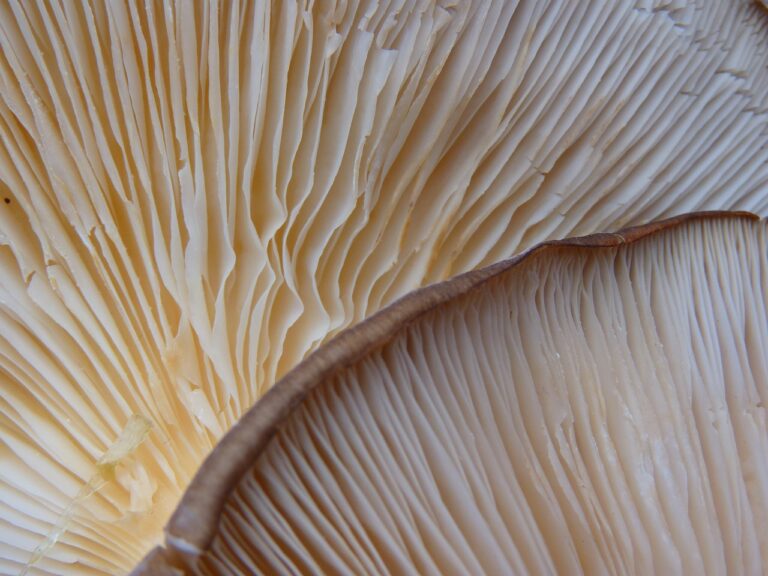The Impact of Pesticides on Farming Communities and Ecosystems: 11xplay.online login, Laser book 247.com, Tigerexch247
11xplay.online login, laser book 247.com, tigerexch247: The Impact of Pesticides on Farming Communities and Ecosystems
Have you ever thought about the impact of pesticides on farming communities and ecosystems? Pesticides are commonly used in agriculture to protect crops from pests and diseases, but they also have a significant impact on the environment and human health. In this blog post, we will explore the various ways in which pesticides affect farming communities and ecosystems, and discuss some potential solutions to minimize their negative impact.
The Use of Pesticides in Agriculture
Pesticides are substances that are used to control pests, such as insects, weeds, and fungi, that can damage crops and reduce yields. They are commonly used in agriculture to protect crops from pests and diseases, and help improve overall crop production. However, the use of pesticides can have unintended consequences on farming communities and ecosystems.
Impact on Farming Communities
One of the main ways in which pesticides impact farming communities is through their effect on human health. Pesticides can be harmful to farmers and farm workers who are exposed to them on a regular basis. Studies have shown that exposure to pesticides can increase the risk of various health problems, including cancer, neurological disorders, and reproductive issues.
In addition to health concerns, pesticides can also have economic impacts on farming communities. Farmers who rely heavily on pesticides may experience decreased crop yields over time, as pests can develop resistance to the chemicals. This can lead to increased costs for farmers, as they may need to use larger quantities of pesticides to achieve the same level of pest control.
Impact on Ecosystems
Pesticides can also have a significant impact on ecosystems. When pesticides are applied to crops, they can enter the soil and water systems, where they can have harmful effects on wildlife and biodiversity. Pesticides can harm beneficial insects, birds, and other animals that are essential to maintaining a healthy ecosystem.
In addition, pesticides can also have indirect effects on ecosystems by disrupting the food chain. For example, if pesticides kill off insects that are food sources for birds, this can disrupt the balance of the ecosystem and lead to declines in bird populations. This can have far-reaching effects on the overall health of ecosystems and the services they provide to humanity.
Potential Solutions
There are several potential solutions to minimize the negative impact of pesticides on farming communities and ecosystems. One approach is to promote the use of integrated pest management (IPM) practices, which involve using a combination of cultural, biological, and chemical control methods to manage pests. IPM practices can help reduce the reliance on pesticides and minimize their negative effects on the environment and human health.
Another solution is to promote the use of organic farming practices, which avoid the use of synthetic pesticides and fertilizers. Organic farming can help protect soil and water quality, promote biodiversity, and support healthy ecosystems. By supporting organic agriculture, consumers can help reduce the overall demand for chemical pesticides and support more sustainable farming practices.
Frequently Asked Questions
Q: Are all pesticides harmful to the environment?
A: While pesticides can have negative impacts on the environment, not all pesticides are equally harmful. Some pesticides are more toxic than others, and their impact depends on factors such as the type of pesticide, how it is applied, and the specific environmental conditions.
Q: What can consumers do to support sustainable agriculture?
A: Consumers can support sustainable agriculture by buying organic and locally grown produce, supporting farmers markets, and advocating for policies that promote sustainable farming practices. By making informed choices about the food we eat, we can help reduce the demand for chemical pesticides and support healthier farming communities and ecosystems.
In conclusion, the use of pesticides in agriculture can have far-reaching impacts on farming communities and ecosystems. By promoting sustainable farming practices and reducing the reliance on chemical pesticides, we can help protect human health, biodiversity, and the health of our planet. It is important for all of us to consider the impact of pesticides on the environment and make informed choices to support a more sustainable and healthy food system.







